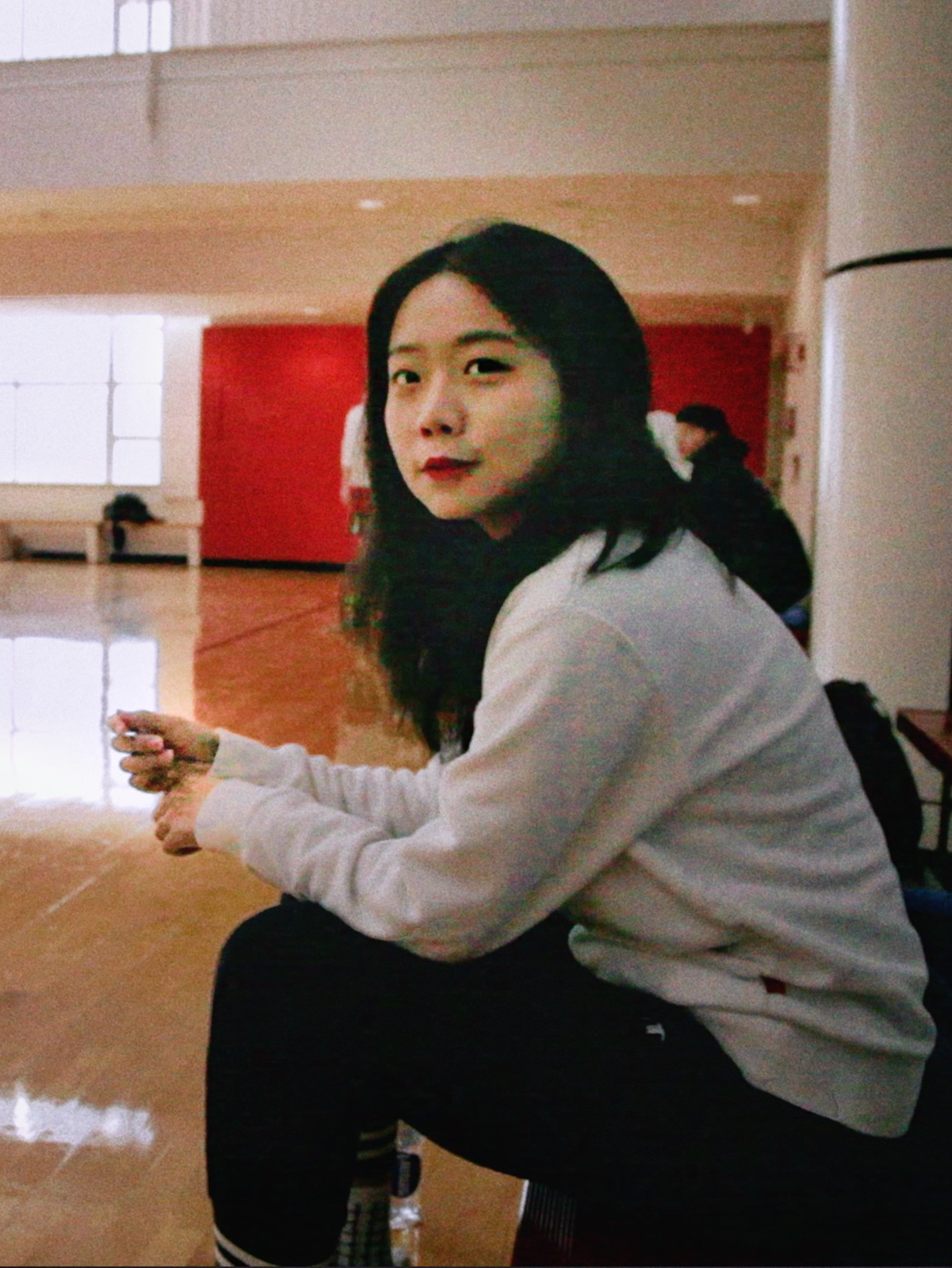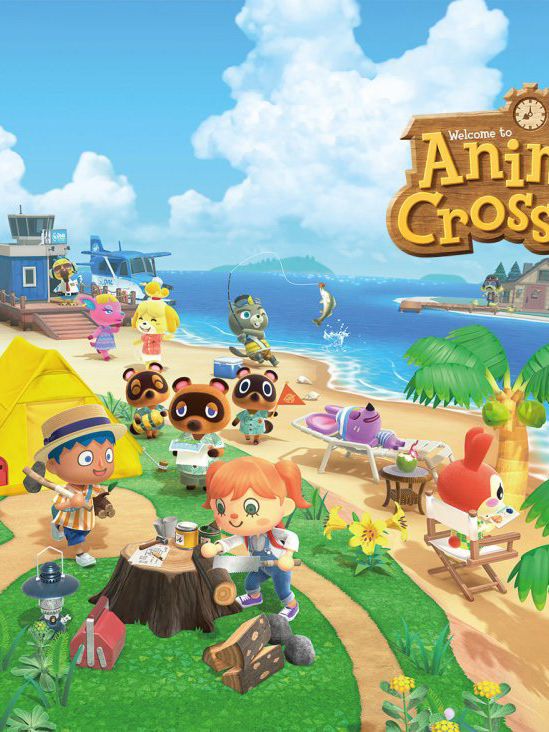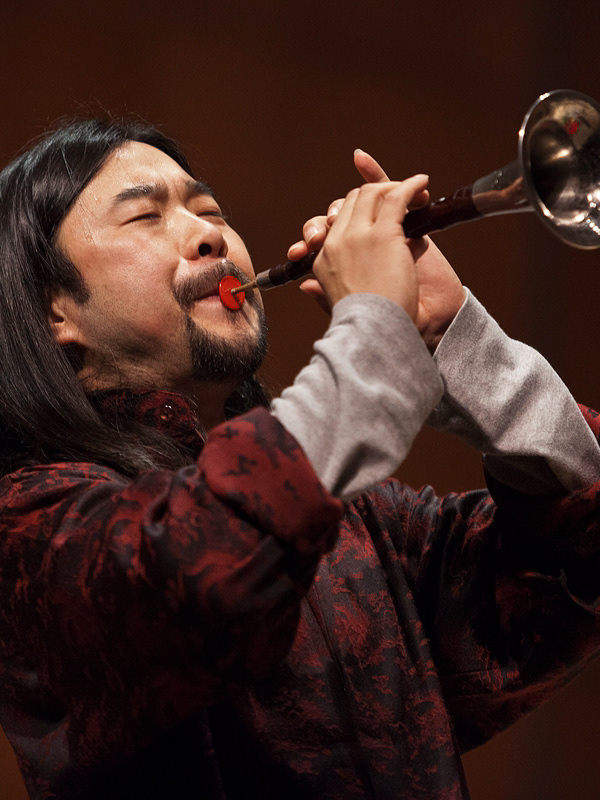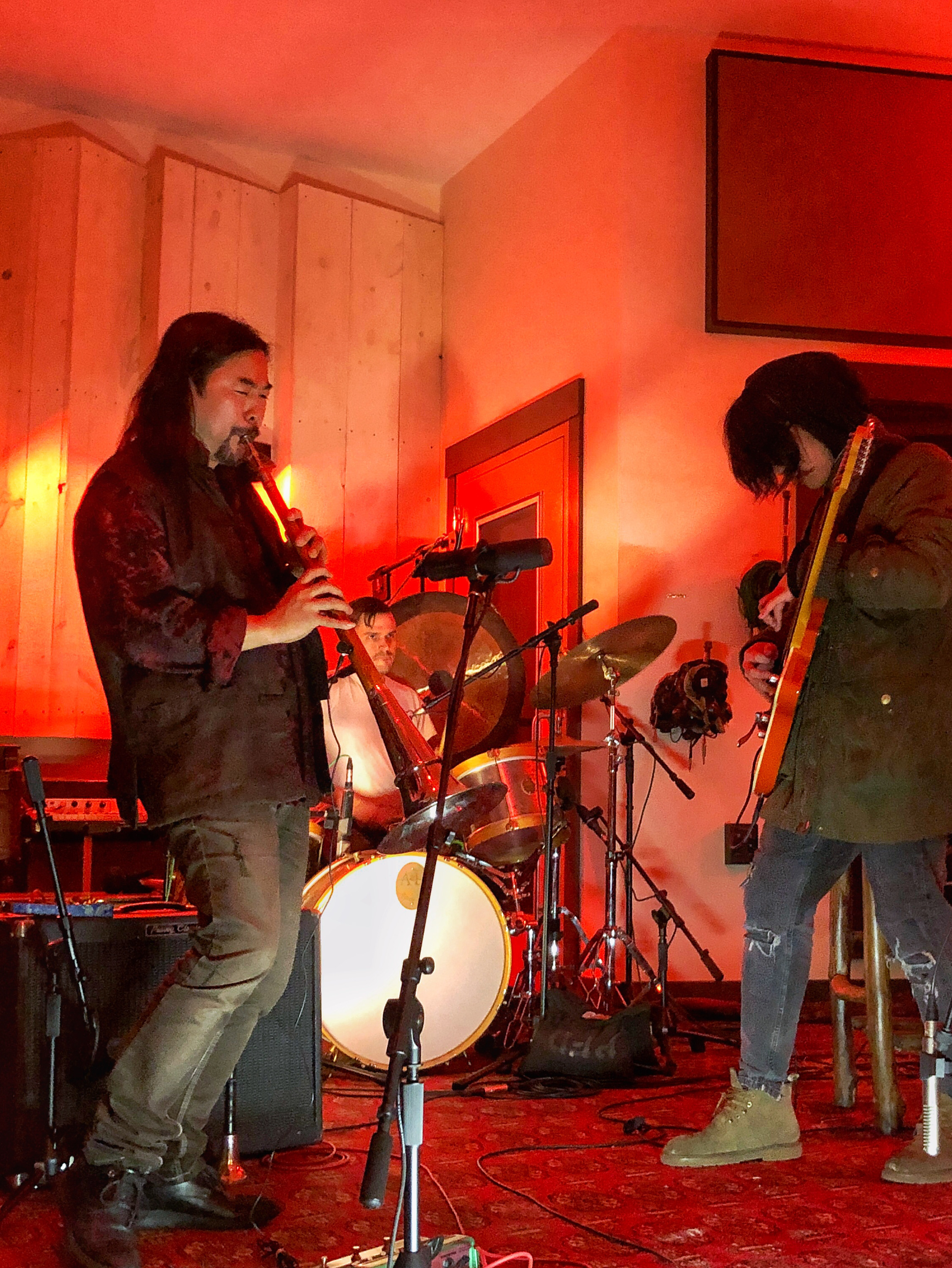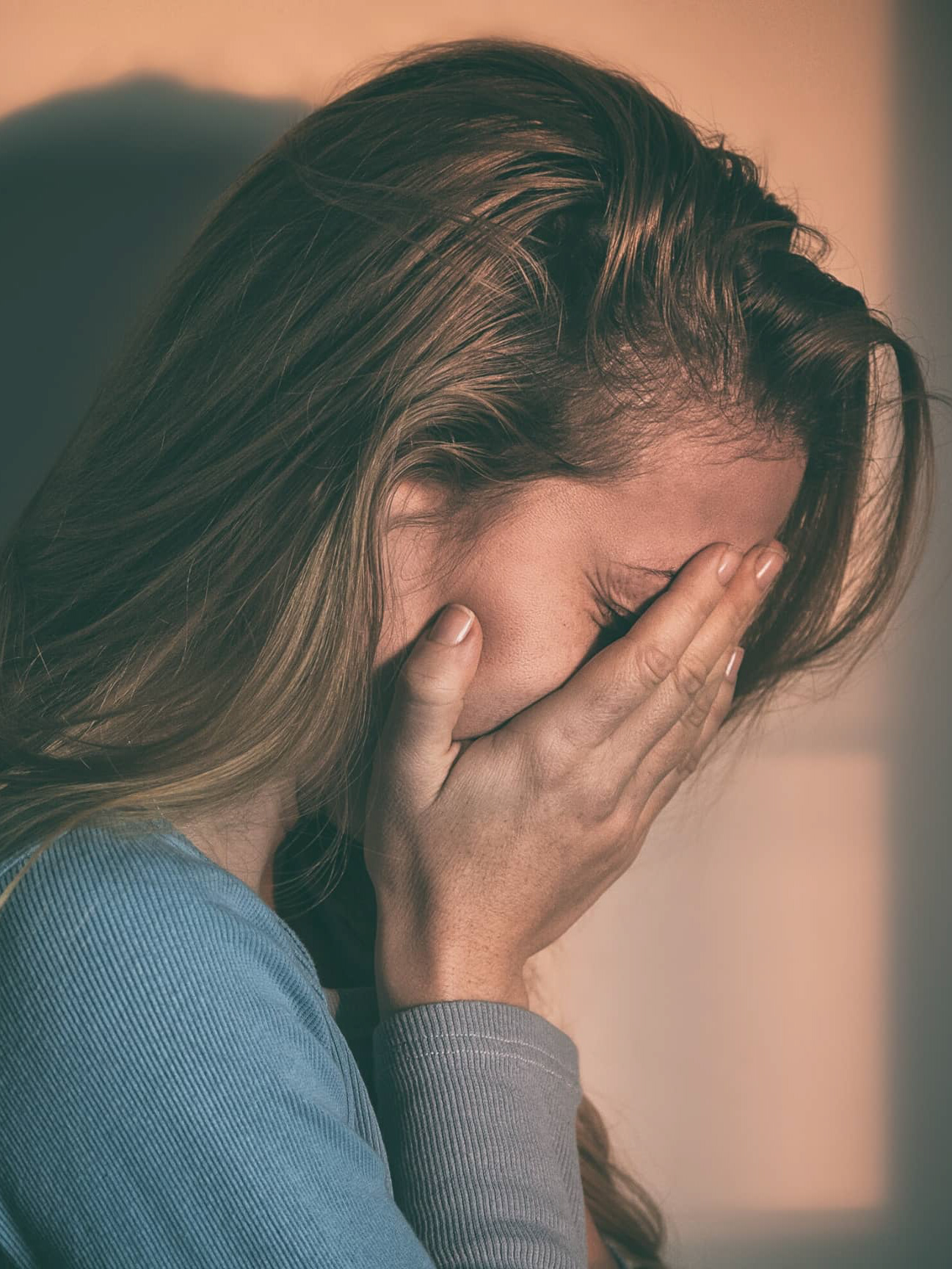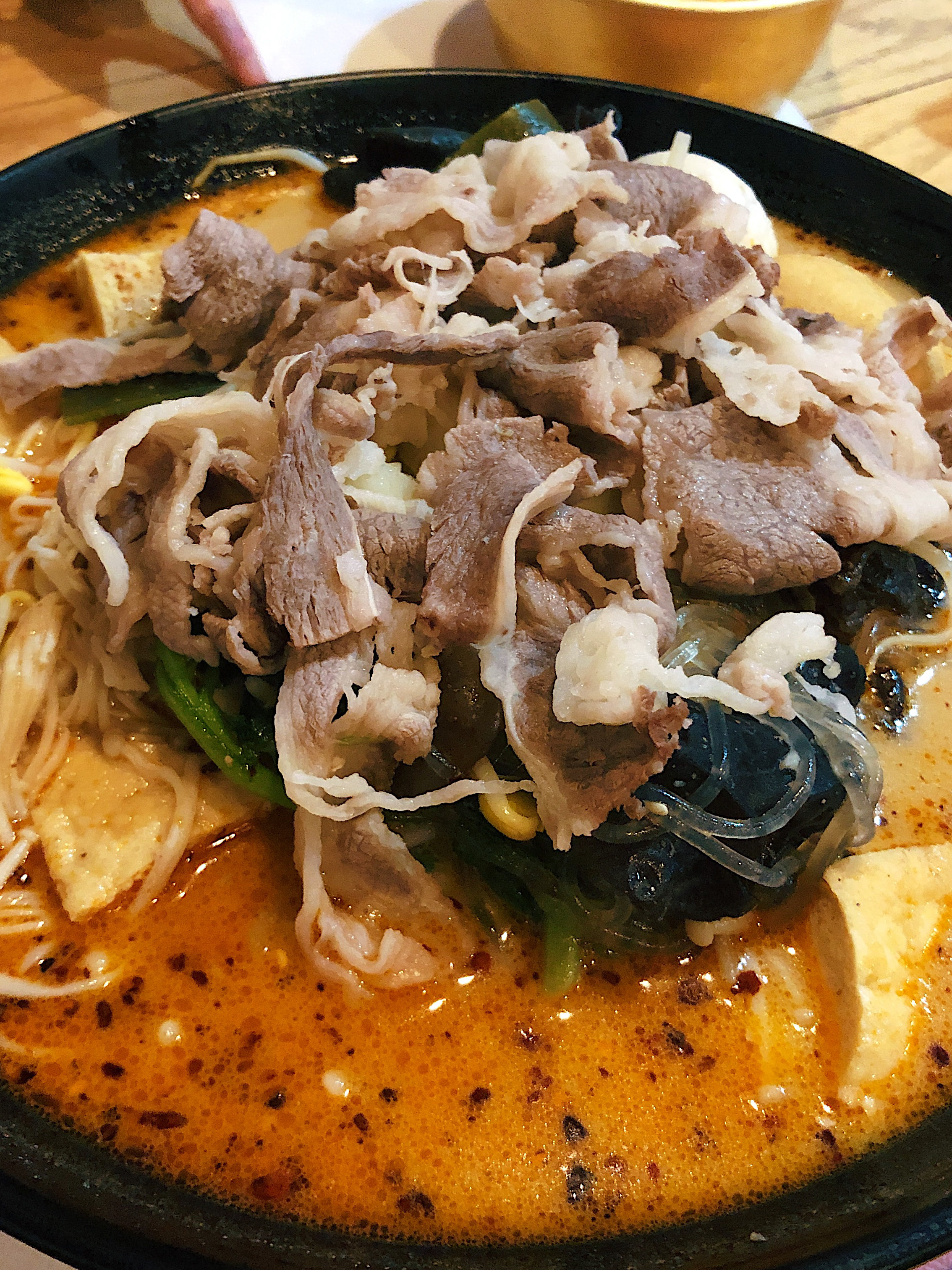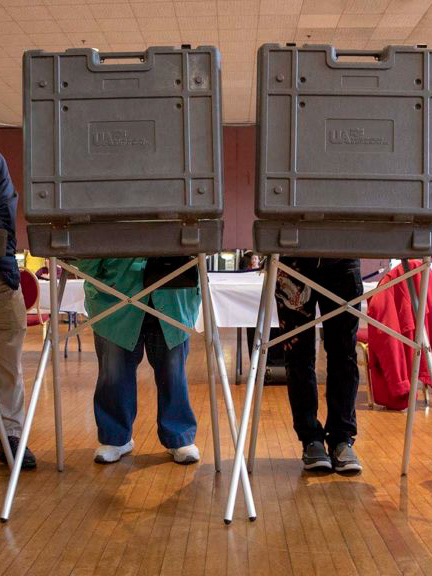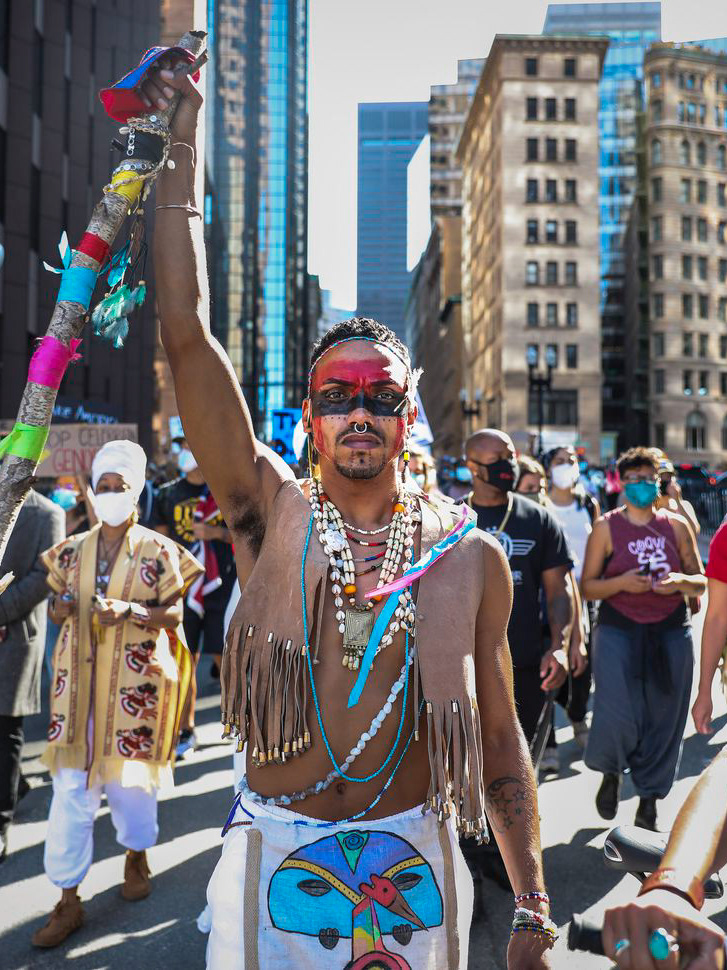November 30, 2019
Photo Credit to LauriPatterson/Getty Images
LOS ANGELES - On the morning after Thanksgiving, Hanna Yao, a 24-year-old Chinese woman living in downtown LA, had a quick brunch of leftover of turkey, stuffing, cranberry sauce, sweet potato, ham, rolls and some greens then left for the outlets for a shopping spree.
The brunch came from Hanna’s boyfriend, Evan Monroe, an African-American born and raised in Pasadena, Calif.. The two met two years ago when he was a junior at University of Southern California and Hanna had come to the U.S. for master degree in Communication Management.
Evan’s earliest memory of Thanksgiving was playing basketball with his cousin while his family prepared Thanksgiving dinner. There’s always a formal evening feast at Evan’s uncle’s house in Chino Hills. Fifty to sixty members of the family come, each brings their special food item. Evan’s mother always brings the green beans.
“She’s excited about it. So the whole day before Thanksgiving she was making the green beans over and over trying to make them right,” said Evan.
On the other hand, Hanna has had little Thanksgiving experience in spite of her studies in the U.S. during high school.
“Before I came to the U.S., when someone would bring up Thanksgiving, I only thought of turkey. I didn’t even know it’s only celebrated in North America.”
Evan introduced the story of Thanksgiving to Hanna during their first year together. “I explained the idea of it being important to people to reflect gratitude, and the main custom in U.S. that having a big dinner with the whole family,” Evan said.
To demonstrate, he brought her a Thanksgiving plate.
“I wanted her to experience the Thanksgiving food,” he said. “She said she really liked it, especially the stuffing. So I started to bring her a plate every year…It’s a cool opportunity to talk about American culture and the Thanksgiving tradition with Hanna.”
Hanna recalls the first Thanksgiving plate was beyond her imagination.
“Except for the turkey, I had never seen any of that food on the plate,” Hanna said. “And I never knew sharing food with people you care about was part of the Thanksgiving tradition.”
Evan and Hanna celebrated the last three Thanksgivings by sharing the plate. In return, Evan started to learning Chinese so he could communicate with Hanna’s parents when they came for Hanna’s graduation.
He is also fond of Chinese food and has had many opportunities to develop the habit of using chopsticks.
Hanna said at the beginning of their relationship they had little interest in getting to know each other’s culture; but as time went on, they become more interested in experiencing a culture exchange of two.
When Hanna was interning at an NPO to promote bills that would be voted on during the U.S. mid-term election, she would consult Evan about citizen’s participation and his opinion about each bill.
Hanna shared an example: “Prop 9 in LA was about the control of rent. Since the Chinese government has macro-control over China’s economy, I didn’t understand why it would be controversial for government to control the rent rate. So when Evan provided the context of America’s free market economy, I got to see a new point of view regarding with this issue.”
But Evan said he would never force Hanna to embrace American culture.
“One of the thing that I think is cool about being in a relationship with someone who comes from a different cultural background is that you learn a lot from each other about the different ways to see the world,” Evan said, “So even though I want her to understand my culture, I will never let her feel that she has to adopt these principles and to believe the same thing as I do.”
“I think it is an important part of our relationship to exchange our culture,” Hanna said, “The fact that he is an expert in world history and culture is also why I love him.”
Nearly 400 years after the pilgrims celebrated harvest day with native Americans who shared different cultural backgrounds with them, Evan and Hanna’s story shows that the idea of Thanksgiving keeps inspiring people today.
